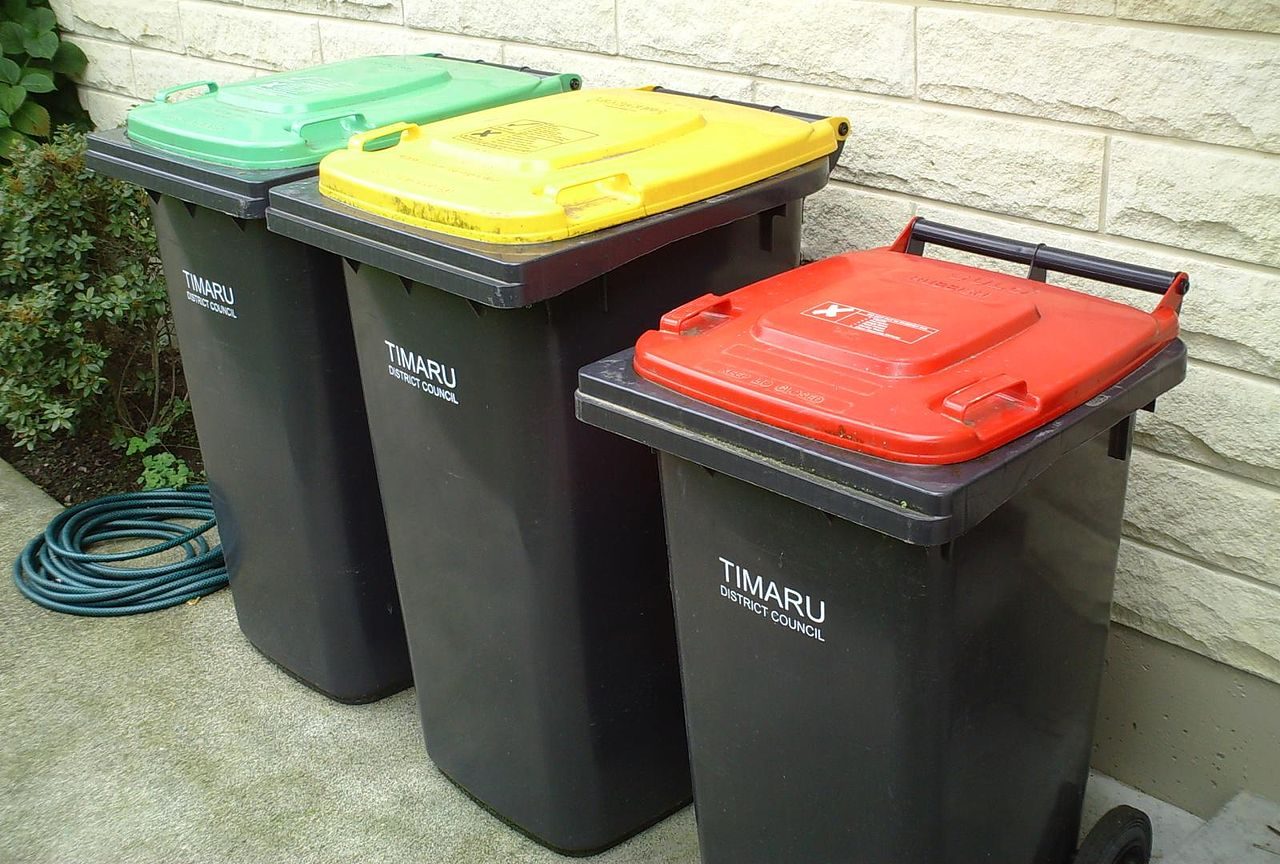
Nature’s Voice: Mast Year Predicted, Pest Explosion Likely
A recent video clip of a stoat sussing out how to get onto the top of a picnic table where a kārearea (New Zealand falcon) was standing at Aoraki/Mt Cook National Park, sent shivers up my spine, no fear of the big bird on the stoat’s part. This was followed by a stoat darting around a lacebark […]








